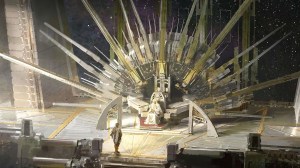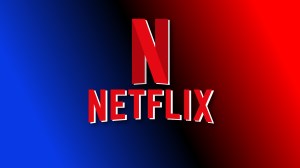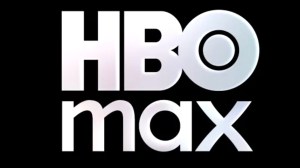It has been more than five years since Netflix’s Bright was released, scoring just 26% on Rotten Tomatoes and driving a ton of controversy on social media. While audiences generally liked the movie — its RT audience score has consistently been between 75% and 85% since it was released — those who didn’t like it, seemed to absolutely hate it. The movie also faced an uphill promotional battle, as writer Max Landis faced numerous sexual assault allegations in November of 2017, less than a month before Bright dropped. It still performed well, and Netflix ordered an anime spinoff (which was released in 2021) and a sequel (which was delayed a few times before being scrapped), but the movie’s reputation has not held up.
Videos by ComicBook.com
Looking back on the film, star Joel Edgerton still views the situation as a failure of the critics to see what audiences see in it. In a recent interview, he noted that it’s common for there to be a fairly big gulf between what critics think and what audiences think — and that you can see those differences in stark black and white on Rotten Tomatoes.
“I have a lot of feelings about Bright,” Edgerton told Inverse. “In general, I’m fascinated by the critical response versus audience responses of movies. Either the audience score is super low and the critics love it, or the critics hate it, but the audience is like, ‘Actually, we love this.’ Occasionally you get a double win or a double loss. My brother’s TV series, Mr Inbetween, is one of the rare double wins. But Bright was one of those ones that I think was in the sort of low 30s for the critics, but it struck a chord with people. Netflix would be able to tell you that with their algorithms, but enough people were taking the time to rate the movie high, which meant that there was definitely an appetite for more. And I often thought the critics were a little bit too harsh on that movie.”
That is a common defense for tentpole blockbusters that don’t wow the critics, but it is not always the case, and recent audience favorites like Guardians of the Galaxy, Barbie, and Mission: Impossible – Fallout all have pretty comparable scores from critics and audiences. In the case of Mission: Impossible, it even fell rose the same amount between Fallout and Dead Reckoning Part One.
The sequel never materialized, but that isn’t a result of the movie’s critical reputation, either. It was delayed a few times, due to co-star Will Smith’s busy schedule and due to Netflix’s inability to find a director they liked (David Ayer wasn’t planning to return). Eventually, with the movie in its fifth year of limbo and Smith reeling from the “Oscar slap” scandal, the movie was quietly axed.








